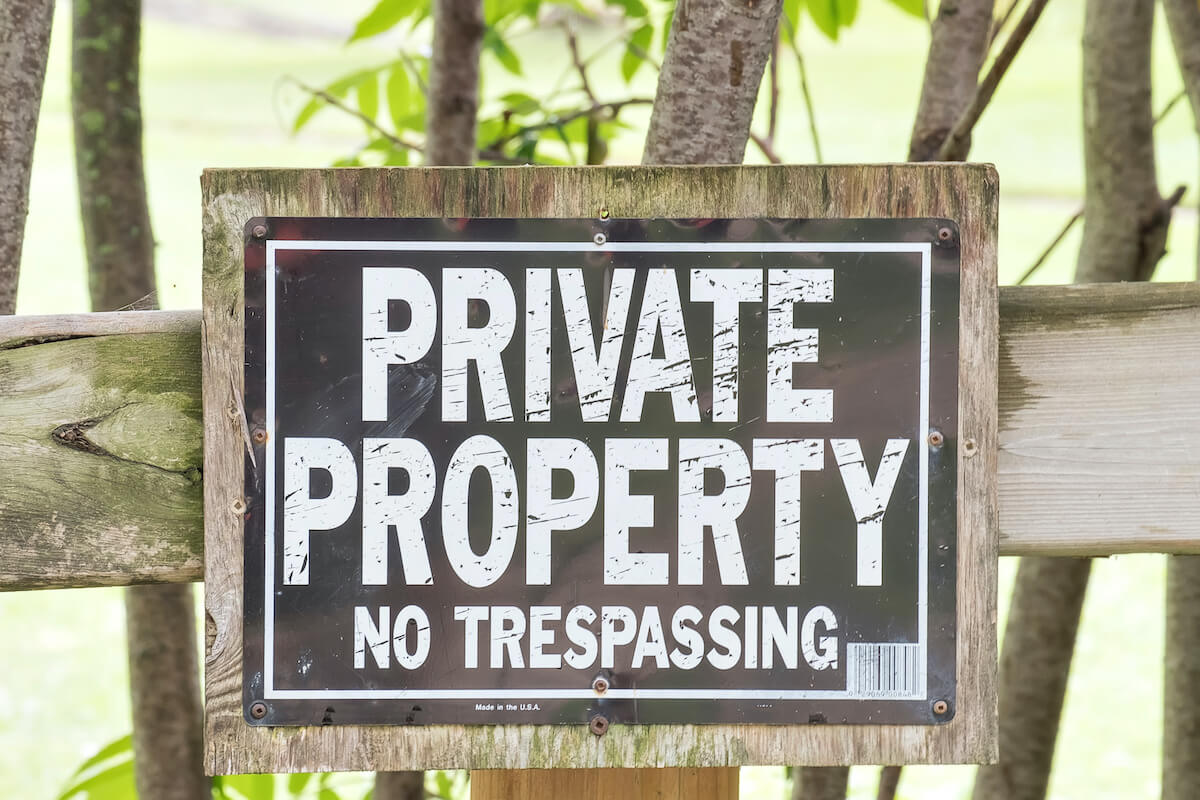
Charged with Trespassing?
I hate trespassing.
Trespassing is any time you enter property without permission, or stay after someone has told you to get out. I hate trespassing because, frankly, anyone can be accused of trespassing. If a security guard or a police officer or anyone who works at a store, such as a Walmart, tells you, “You cannot come back to Walmart,” then anytime you go to any Walmart anywhere in the United States, you can be charged with trespassing. All that on the word of one person.
It’s also something that we can potentially fight against. Is it easy to fight against? Yes, because we actually have to figure out if you had knowledge about not being allowed on the property. And that’s how we attack these charges.
Trespassing is usually a misdemeanor. There are ways to make it much more difficult to deal with, and that is why having an attorney is a good idea.
TRESPASSING STATUTE
569.140. Trespass in the first degree — penalty. —
1. A person commits the offense of trespass in the first degree if he or she knowingly enters unlawfully or knowingly remains unlawfully in a building or inhabitable structure or upon real property.
2. A person does not commit the offense of trespass in the first degree by entering or remaining upon real property unless the real property is fenced or otherwise enclosed in a manner designed to exclude intruders or as to which notice against trespass is given by:
(1) Actual communication to the actor; or
(2) Posting in a manner reasonably likely to come to the attention of intruders.
3. The offense of trespass in the first degree is a class B misdemeanor, unless the victim is intentionally targeted as a law enforcement officer, as defined in section 556.061, or the victim is targeted because he or she is a relative within the second degree of consanguinity or affinity to a law enforcement officer, in which case it is a class A misdemeanor. If the building or real property is part of a nuclear power plant, the offense of trespass in the first degree is a class E felony.